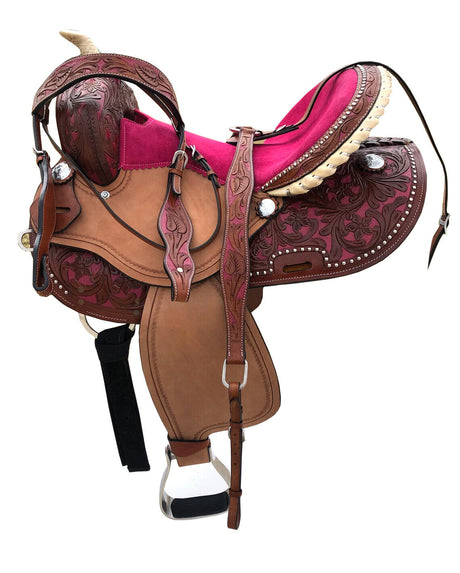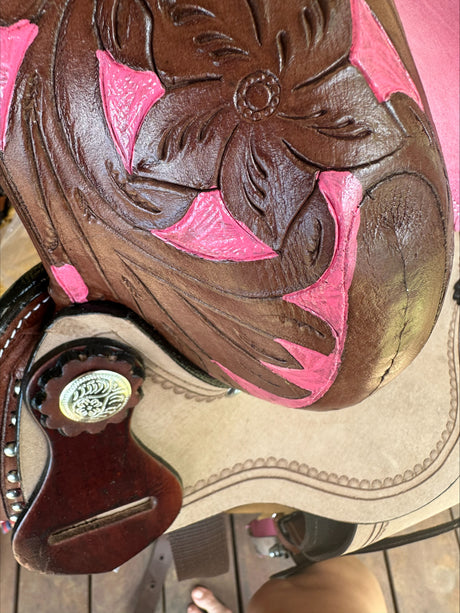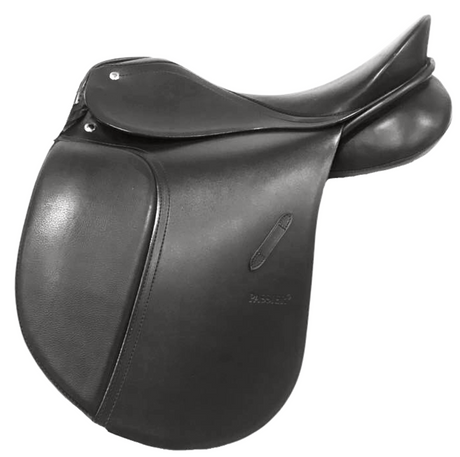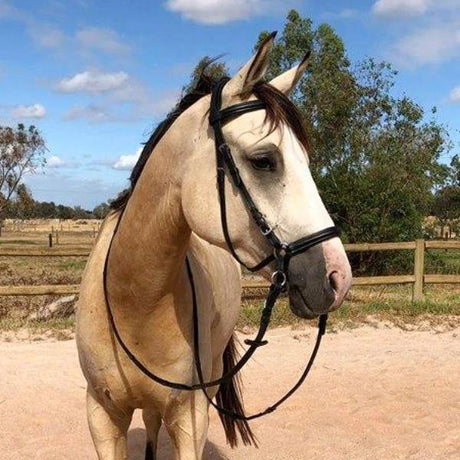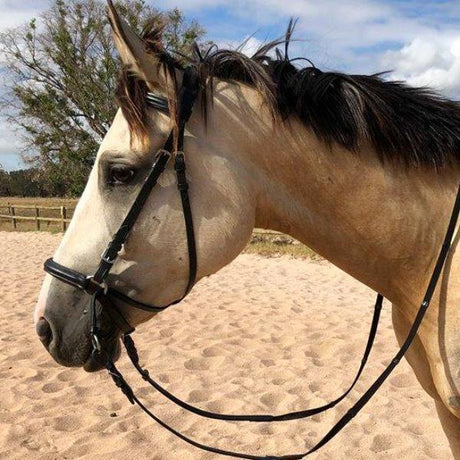
Agistment Agreements
This is a contract between a horse owner and the owner of the piece of land where they intend to keep their horse. This is a legally binding agreement that includes elements such as what will be fed to the horse, the pasture or cattle land used, the rates charged during a certain period of time, the profits accrued from owning such a property and other extra expenses that will be incurred during the animals stay at that land. The owner of the property who is commonly referred to as the bailee is responsible for looking after the animals that are entrusted to them. Any damages or injury that might occur on the animal as a result of minor accidents that show they could have been avoided all together if the bailee was keener will also be charged on the bailee.
Should discputes occur - The land owner today has a right to keep the horses at their property until the horse owners completely clear the agistment fees that they owe the bailee. The lien on the horses can be created by the bailee as soon as fourteen days have passed and the horse owner has not paid their arrears in agistment fees as agreed upon. After three months the bailee has a right to claim the money owed to them by the horse owners. The two parties have an option of either making the agistment contract verbally or in written form. The lien aspect is however not valid in situations where the agreement has been written down including what happens if a payment is default.





